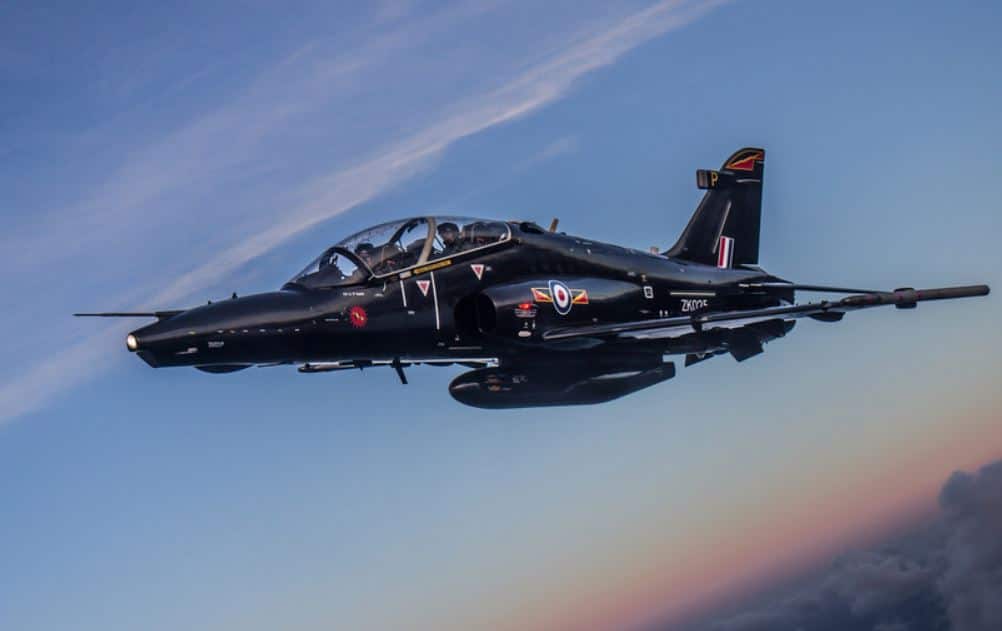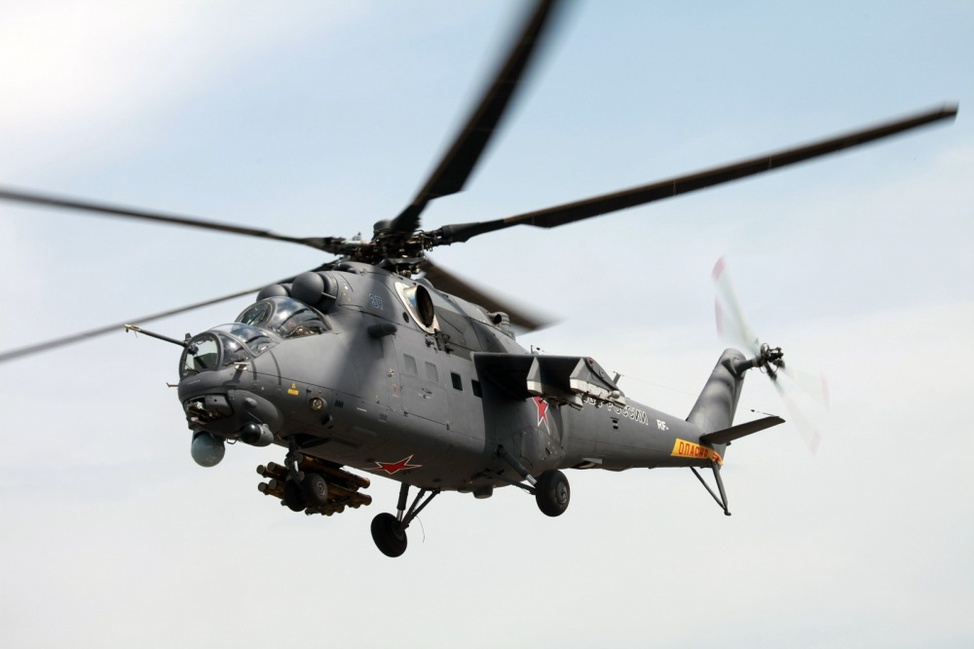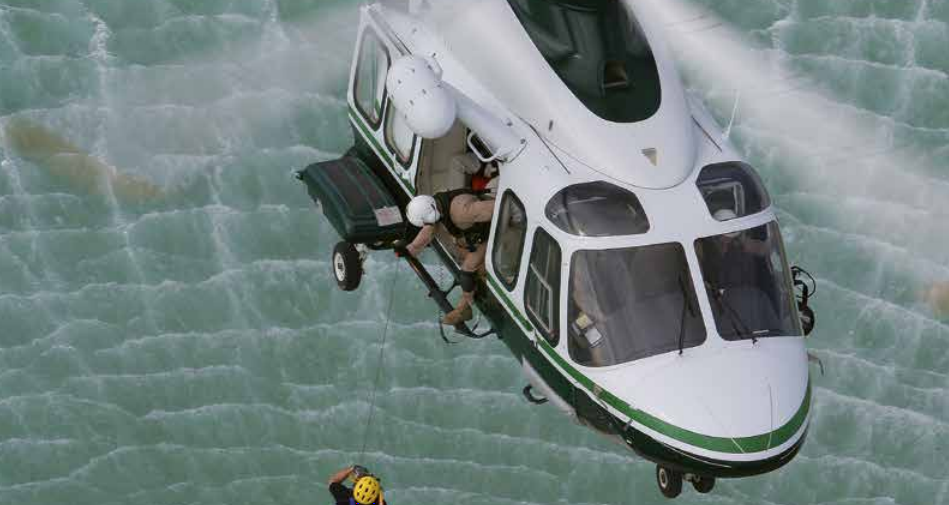2707Views 0Comments

Qatar requests six BAE Hawk trainers to accompany Typhoon
As part of its letter-of-intent (LOI) to acquire 24 Eurofighter Typhoon fighter aircraft, Qatar also requested six Hawk trainers from BAE. The request was disclosed by BAE Systems, which also announced that it will enter a reorganization phase that will see the company trim 2,000 jobs to adjust with a thinner pipeline.
In regards to the prospective Qatari order, BAE Systems added that it is in negotiations with Doha, which – if successfully conclude – would lead to a contract to sustain Typhoon jobs.
However, it cautioned that “timing of future orders is always uncertain.” Most of the job reduction (i.e. 1,400 roles) will occur in BAE Systems’ Military Air business over the next three years.
BAE’s new chief executive Charles Woodburn stated (via Financial Times – subscription required) stated that the job layoffs “align workforce capacity with near-term demand and to enhance our competitive position to secure new business.” Financial Times reports that engineering jobs will not be lost.
BAE is currently fulfilling outstanding Typhoon orders from the Royal Air Force and Oman, with the latter – along with Saudi Arabia – also accounting for remaining Hawk orders.
Notes & Comments:
Qatar is likely seeking the BAE Hawk to supplant the Dassault Alpha Jet in the advanced training and light ground-attack roles. Pakistan Aeronautical Complex (PAC) had demonstrated the JF-17 Thunder in Qatar in 2016, with aviation journalist Alan Warnes reporting that the PAF was aiming at the Alpha Jet. The BAE Hawk request effectively shuts the door on that possibility, and expectedly so seeing that the entirety of the Qatar Emiri Air Force (QEAF)’s modernization efforts comprise of top-tier Western fighters.
In regards to BAE’s reorganization, the company is echoing the U.K. government’s drive to boost defence exports by improving competitiveness. Controlling cost is a critical aspect of the Type 31e frigate, which the U.K. government is pushing as an affordable export solution. For the U.K., lower-cost goods alongside export credit/loans and economic offsets or countertrade would be areas of focus with prospective buyers in the Middle East, Central Europe and Asia. However, next to the U.S.’ dominance in these markets, the U.K. will also have to contend with Eastern solutions and homegrown initiatives. For the U.K. growing its share in the European NATO market would be the most accessible avenue for refilling its orderbook.


